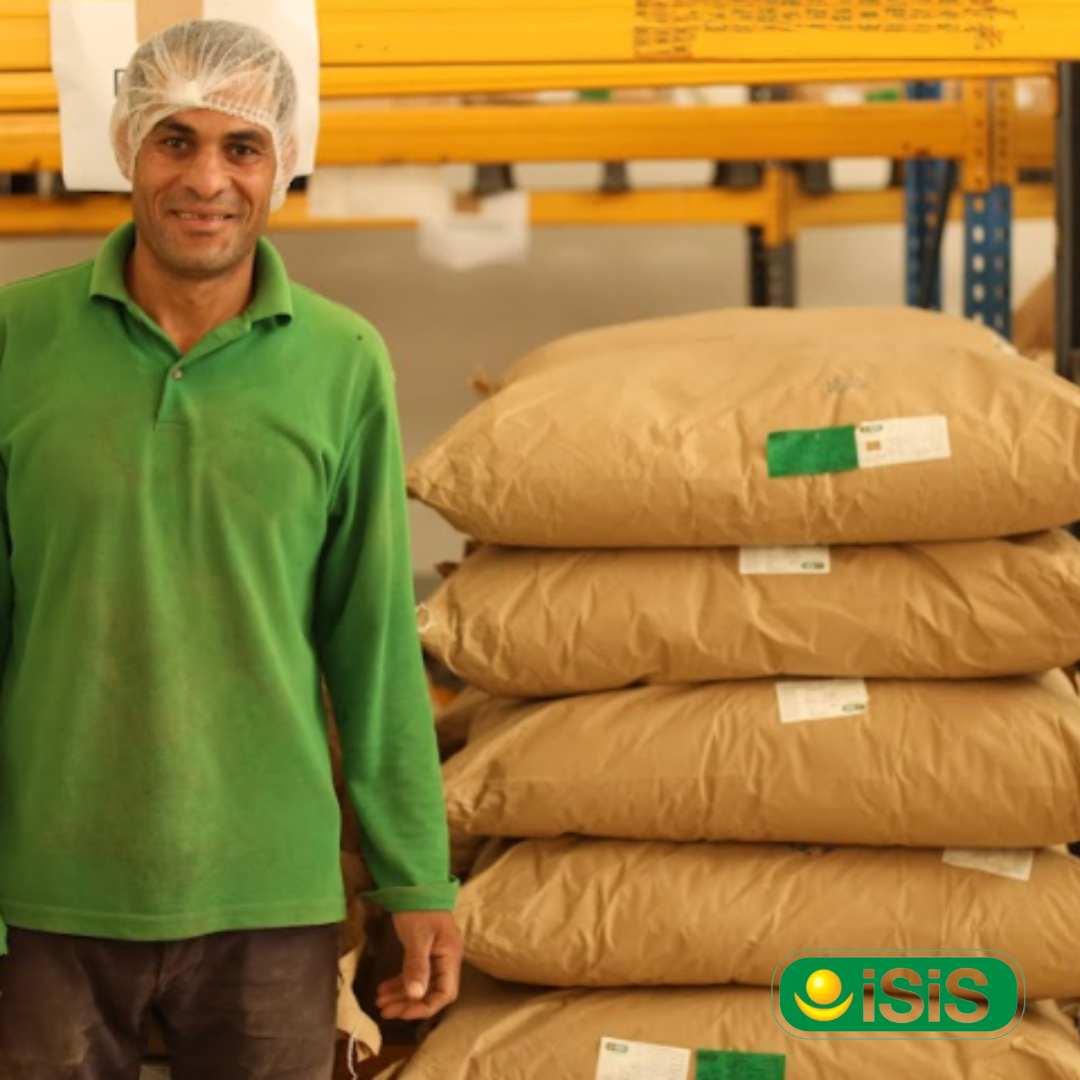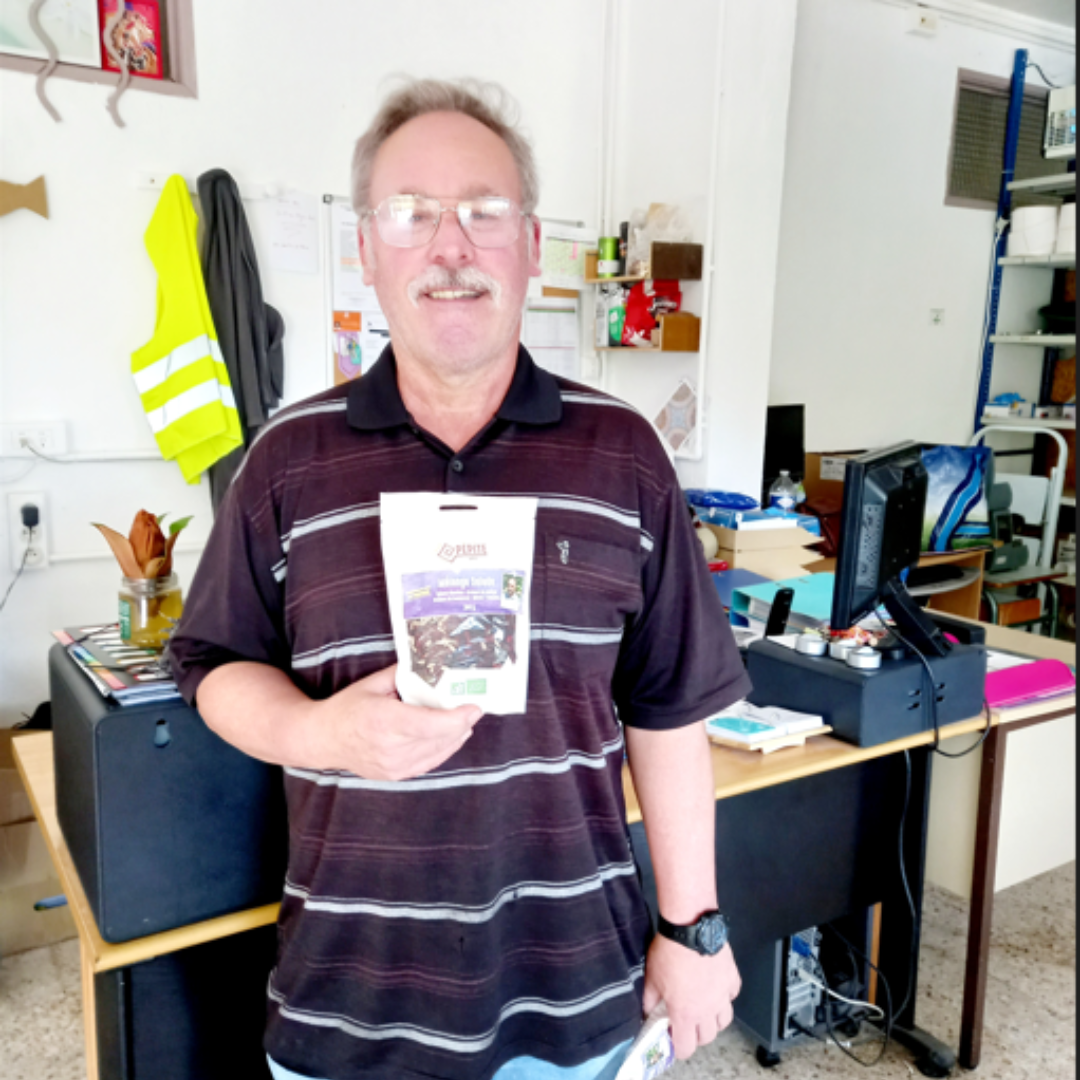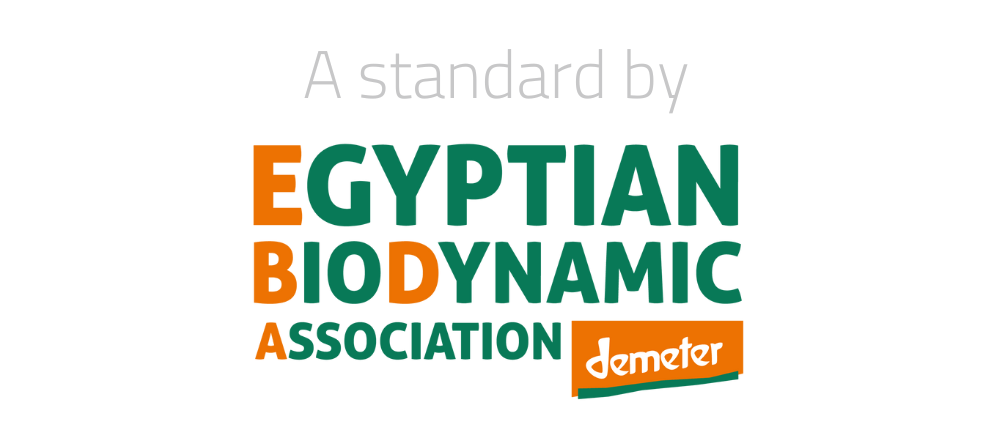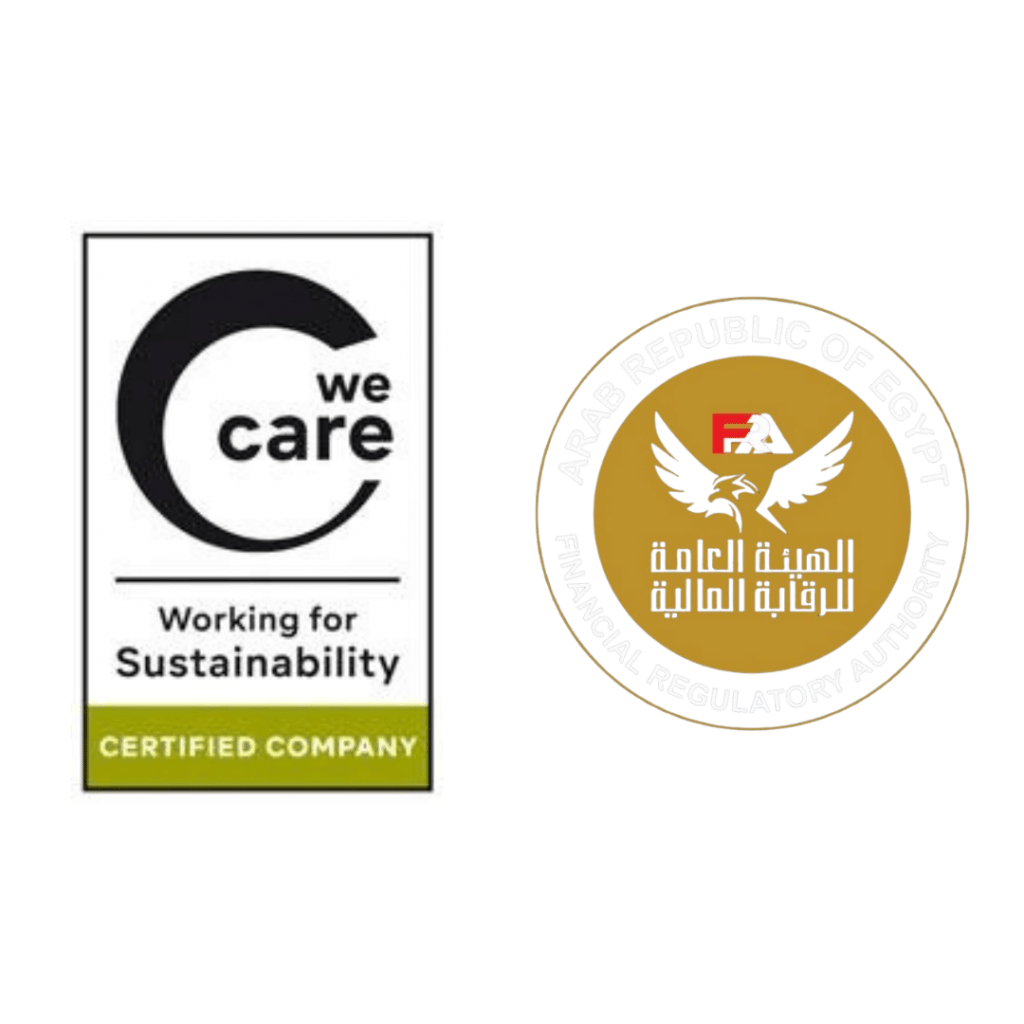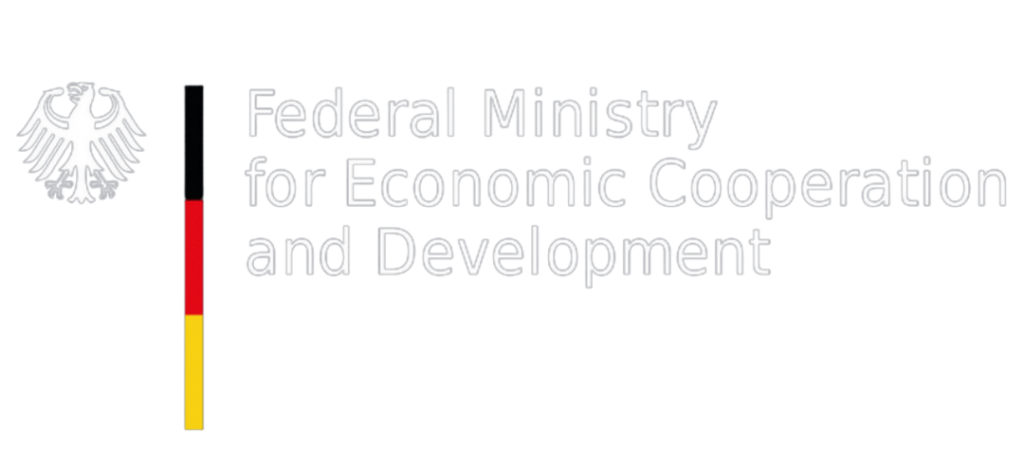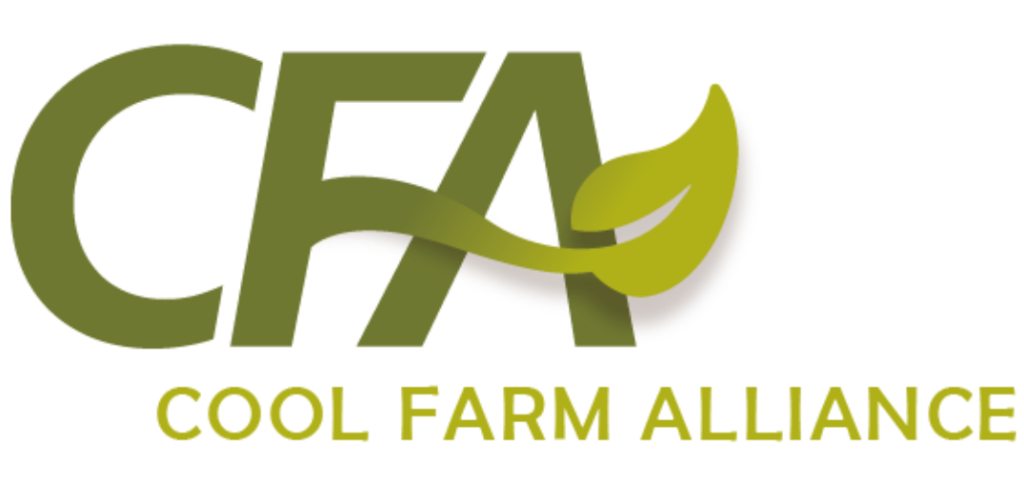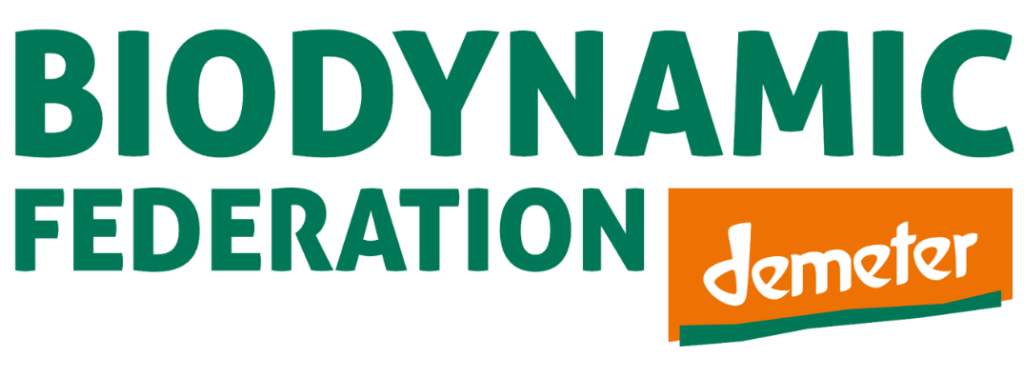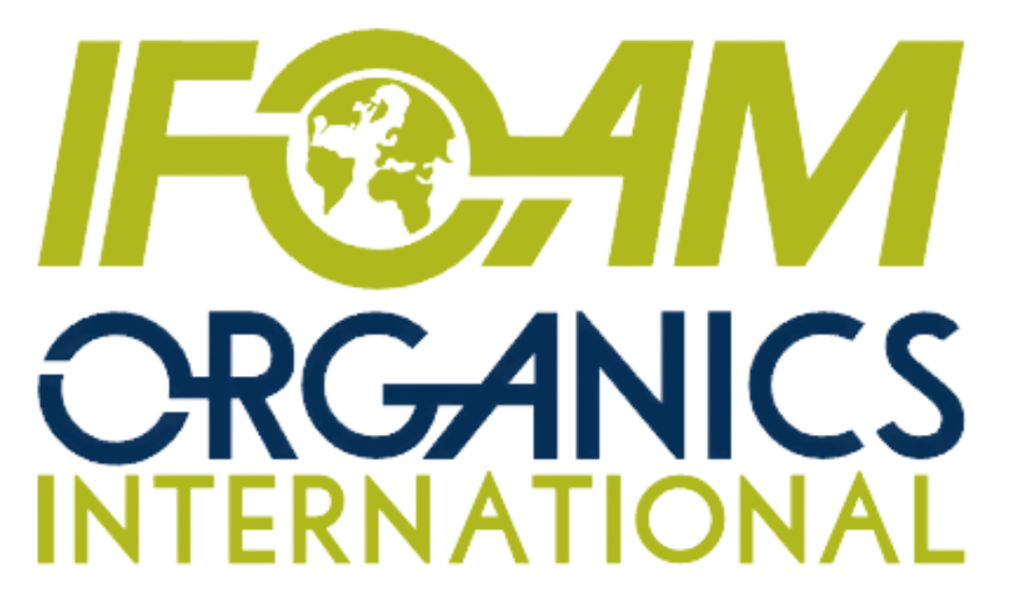Traceback your Sesame
and explore your
impact on the people
and the environment.
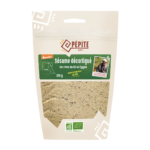
Creating a
FAIR ECONOMY
100%
of the EoL farmers have contact-bound long-term relationships with companies they’re supplying to.
Creating a
FAIR SOCIETY
100%
of the farmer, workers, and employees gets fair income that reflects the living wage aiming to achieve a decent living standard
Life Long Learning &
WELLBEING
100%
of the fair and respectful social systems is delivered to the employees by providing work opportunities for disabled worker
Protecting the
ENVIRONMENT
0.39kg CO2e
were sequestered/absorbed by the soil, per kilo of sesame produced, reducing the impact of agriculture on climate change.
Farming
This sesame originated in Egypt, in locations along the Nile delta like Fayoum, Minia, Aswan, and more. It grows on Demeter and organic certified farms, following the holistic principles of Economy of Love for biodynamic agriculture.
The sesame is cultivated according to the dates of the cosmic calendar, which puts it in total harmony with the land and the cosmic forces.
Through biodynamic compost production, EoL farmers manage to avoid Co2-eq emissions that may result if the manure and biomass were left, untreated, to decay anaerobically.
Economy of Love acts as a platform for farmers to reach out to people about their sustainable agricultural practices. This helps form a sort of connection between people as they know the origins of the hands that first touched their food.
Meet the Farmers
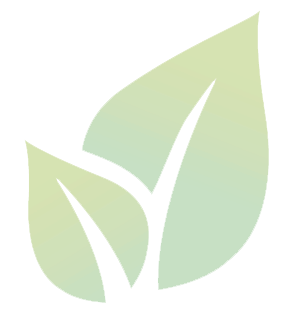
Get to the Source of Production
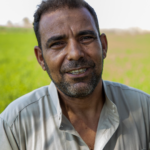
Mahmoud
Farmer in Aswan, Egypt
Mahmoud Salah Abdel Hamid is originally from an area close to Cairo. In 2004 the government under Mubarak replaced his farm to the south and gave him a piece of land close to Aswan. Mahmoud has six children and lives with his family on the new farm-land called “Bsateen Aswan”
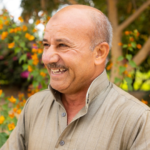
Essam
Farmer in Fayoum, Egypt
Essam El-Deen is a Demeter-certified farm owner from the area of Fayoum. Together with his family Essam has a small piece of land called “Somosta” where they grow biodynamic crops specializing in sesame.
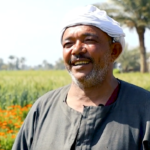
Gomaa Hassan
Farmer in Fayoum, Egypt
Gomaa Hassan has his own Demeter-certified biodynamic farmland “Eraky” in Fayoum, where he grows Sesame along with other crops. He’s been working in biodynamic agriculture for 24 years. He believes in the importance of growing biodynamically, as it protects his family’s health and his land’s ability to regenerate itself.
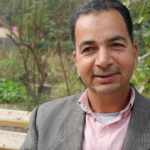
Mahmoud Rabiea
Farmer in Fayoum, Egypt
Mahmoud Rabea has two Demeter-certified farms; “Mahmoud Rabiea” and “El-Manashy” in the area of Fayoum. He’s been growing biodynamic sesame along with other crops since 2003. Mahmoud believes that an Economy of Love is what builds trust between him and the customer with transparency.
Processing
The sesame comes directly from the farm and arrives at Lotus company. Then they test samples to ensure that it’s in accordance with organic/biodynamic standards. Then it’s read then it’s ready to go through further processing in iSiS.
Lotus has improved the efficiency of the machinery equipment at their factories so they reduced their energy consumption by 8.6%.
As part of Sekem holdings, Lotus offers the core program to their employees, where they get to learn more about themselves in potential unfolding sessions.
Lotus in 2021 was able to reach a 48% reduction in the non-organic waste that is sold for external providers.
Processing
The raw sesame doesn’t have to travel far to reach iSiS factory, being close neighbors just across the street from each other. At iSiS the raw sesame goes through the peeling roasting process and becomes ready to be packed into vacuum sealed 5 kg plastic bags.
The plastic bags that the sesame is temporarily packaged in are made of non-recyclable plastic bags.
iSiS sells its recyclable no-organic waste to external recycling entities while reducing its waste. iSiS was able to reduce 77% of its no-organic waste as well as reducing 25% of its organic waste.
10% of the employees’ time at iSiS is dedicated to cultural enrichment and their potential unfolding.
Packing
Now the peeled and roasted sesame arrives at Agro Sourcing in France. As sesame is an allergen it is sent to ESAT Les Cigales Jean Paour; a specialized facility for packing. After which the Agro Sourcing peeled and roasted sesame is ready to be distributed throughout France.
The ESAT is employing 120 disabled people, with an aim to provide the opportunity to learn and develop their skills and gain independence through their jobs.
The establishment cares about equality and having a balance between the worker’s genders as they have 37 women and 83 men
ESAT abide by the Economy of Love code of conduct, with a special attention that goes into their employees well being
Packaging Material
The packaging material has as big of an impact on the environment as the product processing.
The sesame is packaged in bags made of a mixture of paper and polyethylene, with more than 50% of it being paper. They choose this material to have the least environmental impact while also maintaining the quality of the sesame
The packaging is made from a recyclable FSC certified material, sourced from a company called Deltasacs located in france
The packaging is not only about the material but also the design. Agro Sourcing displays a beautiful appreciation towards the farmer’s hard work by showcasing a picture of one of the sesame farmers on their package.
Distribution
The peeled and roasted sesame is distributed all over France; in organic retailers, independent shops, bulk shops, and organic e-shops.
The sesame is first transported from Egypt to Marseille harbor in France using sea freight, to minimize their carbon footprint, and then by trucks to Agro Sourcing facilities.
Agro Sourcing is actively taking action towards reducing their transportation emissions through the optimization of their logistic plans. That includes having a central delivery point in France, and order preparation facilities in Lyon.
Agro Sourcing is currently working on soft mobility testing on the last kilometers to reduce their carbon emissions.
Check out where your product has been!
Eraky Farm
Somosta Farm
Bsateen Aswan Farm
Mahmoud Rabie Farm
El Manashy Farm
Agro Sourcing
ESAT Les Cigales Jean Paour
Packaging facility
Meet the Employees

The people who processed, packaged and distributed your product
Hassan
Factory Engineer in Lotus
Hassan is in charge of the raw cleaning and packing machine in the processing facility of Lotus. Since 17 years he is working in Lotus and enjoys that work here is combined with culture program.
Marwa
Quality Manager in IsIs
Marwa has been working in the tea department of IsIs factory for more than 8 years. Together with her husband and two children she lives on the Sekem mother farm.
Patrick
worker at ESAT LES CIGALES
Patrick with a preference for sensing crunchy mixes is one of the oldest employees at Esat Les Cigales and is the right hand of Agro Sourcing being one of the people who saw all the developments of the workshop throughout the years. He controls the goods process from delivery, filling and more.
Claude Hervé
workshop instructor at ESAT LES CIGALES
Claude’s typical day as a monitor is open the workshop, make a quick observation to know the work situation, distribute the tasks, and also contact the customers on a daily basis.
What is the True Price?

Are there hidden costs that the price doesn't reflect?

True Price Comparision
Sustainably and ethically produced products add value to society and the environment. However, when comparing prices, we don’t take into account the long-term and externalized impact of the products we purchase.
When calculating and comparing the true price of the product we don’t consider the long-term impact of the product. For example, the cultivation of this sesame produces around 0.39 kg Co2-eq per kilo of sesame, costing society up to 0.044 USD/Kilo.
We encourage you to compare products based on their true price; the price that reflects the hidden costs that we and future generations eventually pay for.


This cultivation of the Sesame emits up to
0.1
Kg Co2-eq/package
Examples of Hidden Costs
Costs that are not reflected on the price tag, but are eventually paid by society
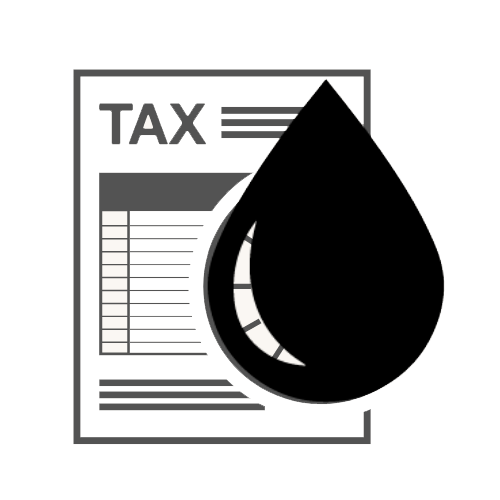
WATER
REPROCESSING COST
Society is paying taxes to clean water sources from agriculture’s chemical fertilizers, pesticides and herbicides, as well as the irresponsible disposal of wastewater from factories, in order to make it usable/drinkable water.

HEALTH COSTS
Society has to bear the long-term cost caused by disruptive agriculture e.g. soil erosion, desertification, loss of biodiversity.
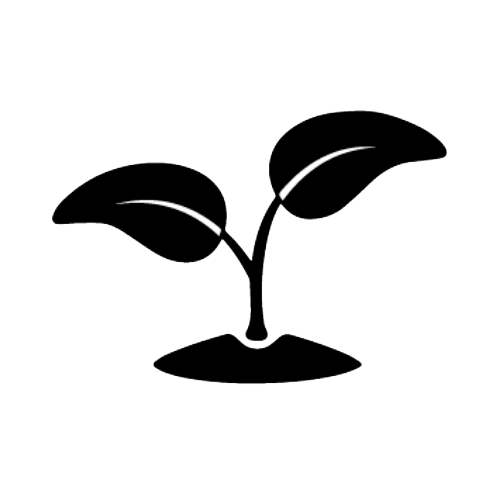
ENVIRONMENTAL
DAMAGE
Society has to bear the long-term cost caused by disruptive agriculture e.g. soil erosion, desertification, loss of biodiversity.
Locations
Check out the locations of all the farms, companies who were involved in making this product!
discover the origin of your product
Eraky Farm
Somosta Farm
Bsateen Aswan Farm
Mahmoud Rabie farm
El Manashy farm
We hope this information helped you Choose Your Impact and make mindful purchasing decisions that leave a positive impact on people and the environment!
Interested to know more about the companies above? Click here to download the SEKEM Sustainability Report

